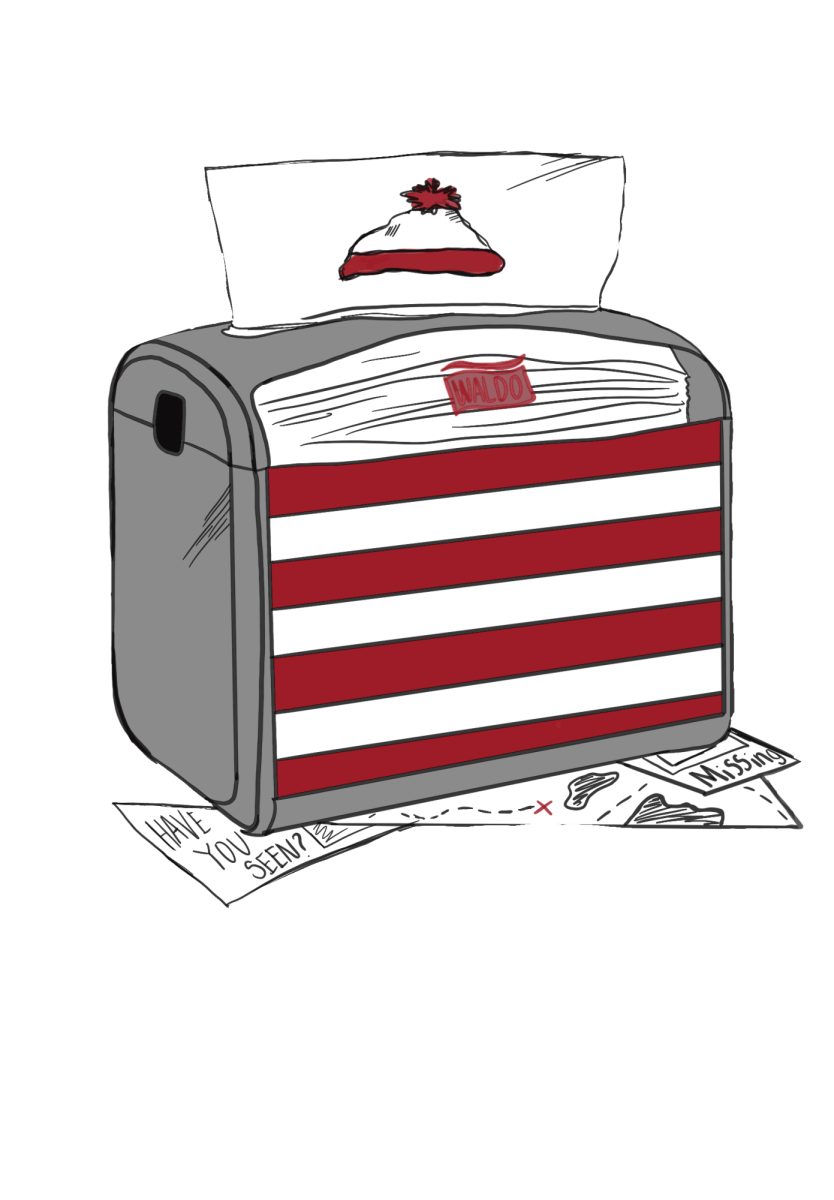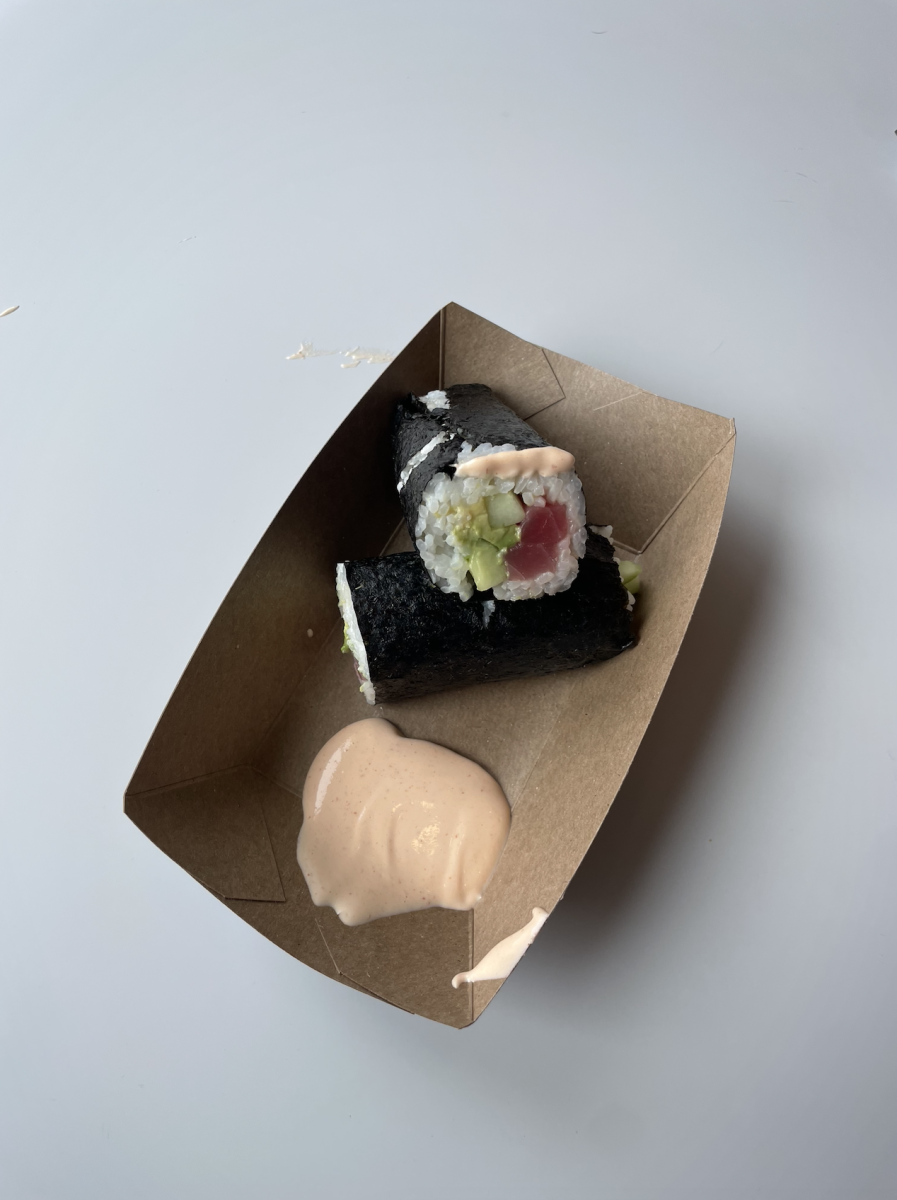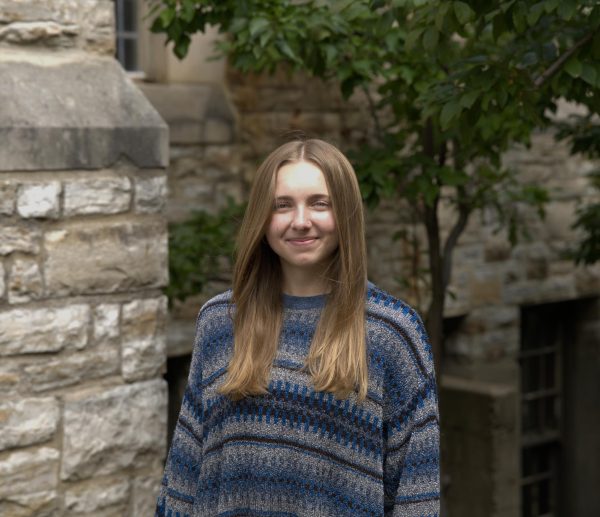St. Olaf College has remained a “dry” campus — one that prohibits alcohol and other drugs — since its founding, despite the fact that this label puts it among a minority of U.S. college campuses. In recent years, students have expressed a desire to know the reasons why the College has refused to budge on this matter.
“[Alcohol] doesn’t contribute in a positive way to an academic environment,” Dean of Students Rosalyn Eaton ’87 said in an interview with The Olaf Messenger. “It doesn’t enhance your ability to learn.”
The biggest concerns regarding alcohol on campus are noise and smell, which are intrusive upon fellow Oles.
“The most common complaint we get in our residence halls — and from our neighbors, frankly — is noise,” Eaton continued. “The people who typically create the most noise are people that are drunk…. The other thing that bothers people is smell, so if you have marijuana, the smell of marijuana is going to be intrusive.”
Furthermore, some students choose to come to St. Olaf due to the dry campus policy.
“It’s not made a secret — people come here with that expectation,” Eaton said. “It gives you that ability as a student to say, ‘I don’t want to be heavily impacted by the choices of my neighbors.’”
St. Olaf’s policy is also different from the policies of other dry campuses.
“I would say a ‘dry campus policy’ is more like what Brigham Young [University] has, which is ‘if I catch you with alcohol, you’re out.’ St. Olaf doesn’t do that,” Eaton said. “What we do is that when we become aware of it, we will address it… it’s not typically an expellable offense.”
What separates St. Olaf from other “dry campuses” is the age distinction — students 21-years old and older can drink off-campus and come back to St. Olaf with alcohol in their system.
“How you behave when you come back matters,” Eaton said. “You’re still going to be held responsible for your behavior [on campus].”



